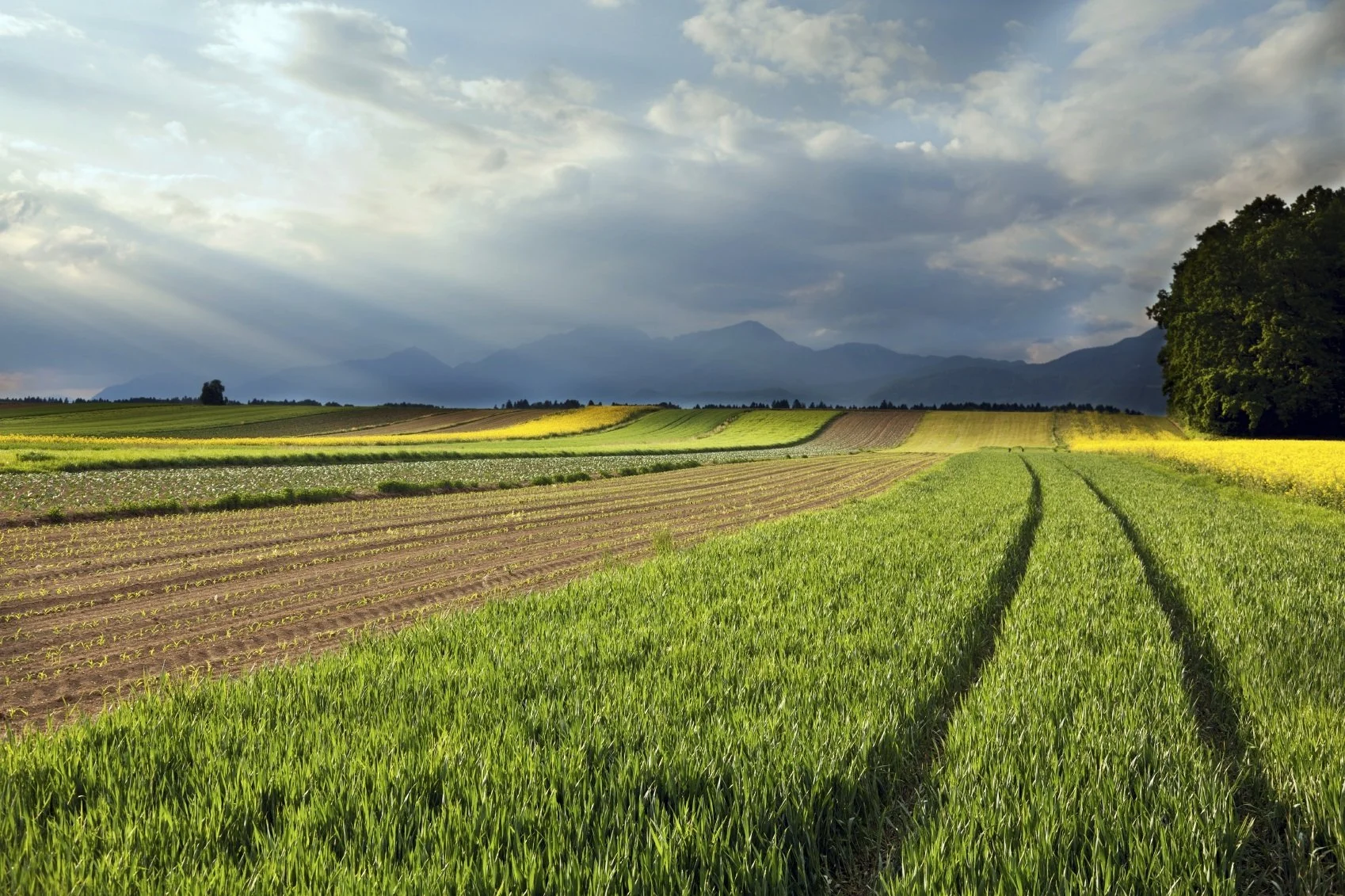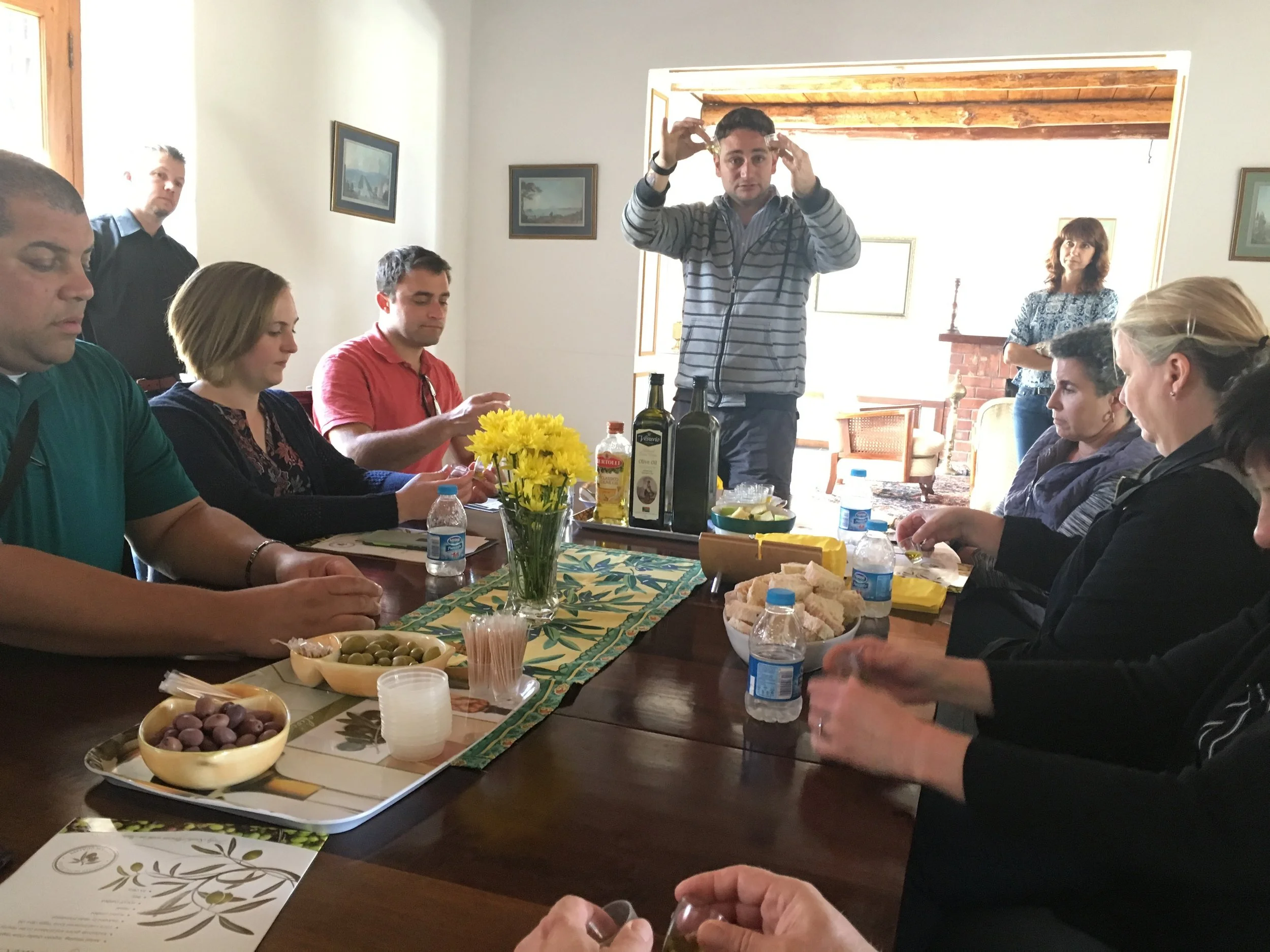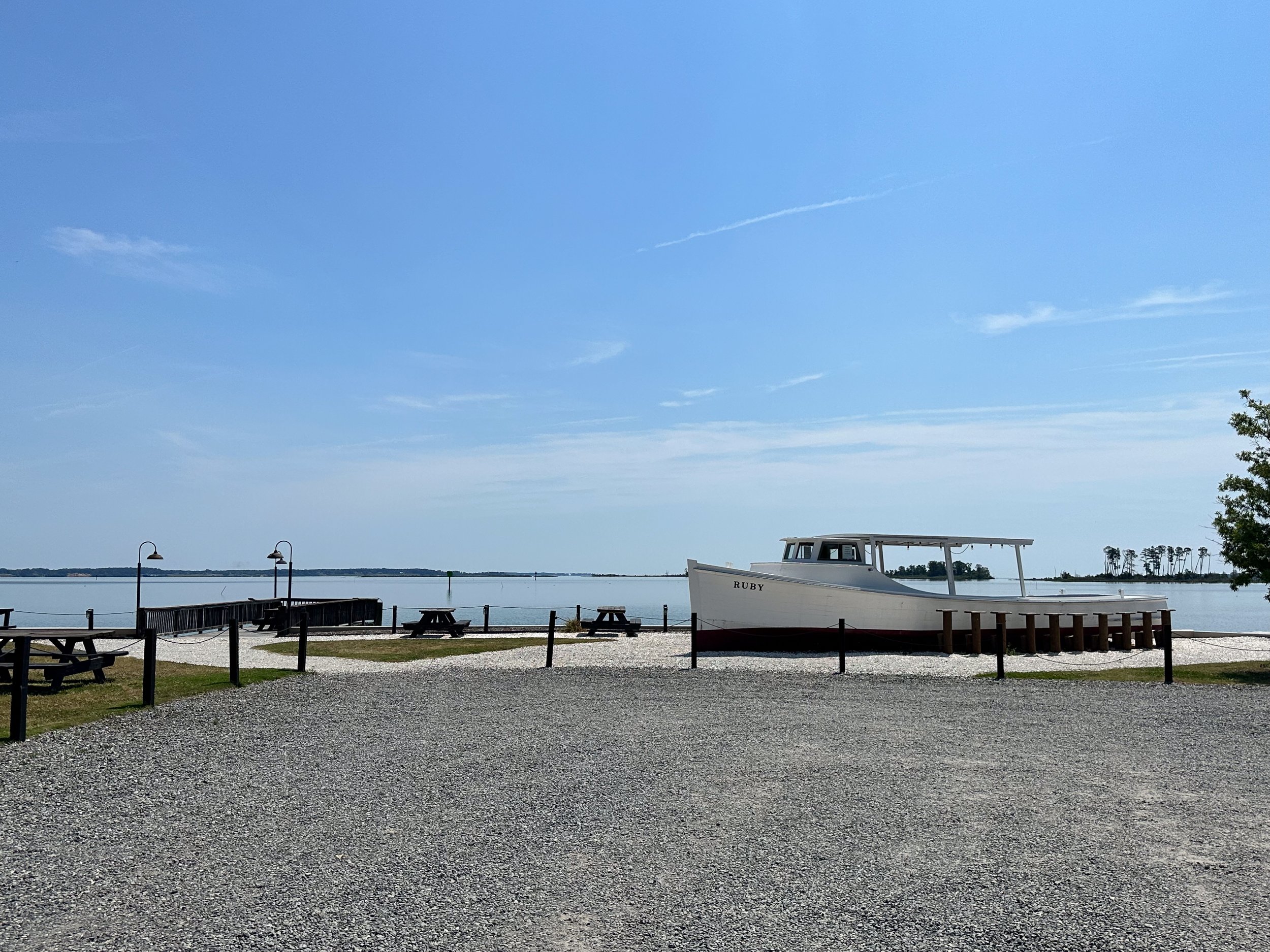
About the Program
VALOR is a two-year program for adults in agriculture who want to develop their communication, problem solving, and critical thinking skills in addition to broadening their knowledge of global and local agriculture in the pursuit of becoming an advocate for agriculture and a leader in the industry.
Experiential seminars facilitate collaborative participant engagement.
How would you benefit from two years of leadership development with experts in the agricultural industry?
Have you been across Virginia, the United States, or taken an international trip to learn about the future of agriculture?
How are you addressing the current trends in agriculture?
Are you interested in advancing your sector of agriculture and understanding its equation for success within the industry?
Are you interested in enhancing your skills and knowledge of Virginia’s agriculture? Are you willing to foster relationships with community leaders and peers in the industry?
If so, VALOR is for you! What better way to form relationships with partners in the agricultural industry and learn from first hand experiences about trends and issues in agriculture?
The program consists of twelve experiential seminars over 24 months:
Eight Virginia Regional: Valley, Central, Southwest, Southside, Eastern Shore/Tidewater, Chesapeake Bay, Blacksburg orientation, and Roanoke graduation.
Two capitol seminars in Richmond and Washington, DC/Northern Virginia focusing on political advocacy and legislation.
One U.S. Regional seminar.
One International seminar.
How does VALOR impact agriculture and the future leaders supporting the agricultural enterprise?
The VALOR program benefits those with an interest in social, political, and economic issues impacting food, fiber and natural resource industries. Class members and stakeholders diversely represent the entire spectrum of agricultural enterprise, ranging from local production to the development and manufacturing of specialty products destined for international markets.
MEET THE STAFF

Click below to learn more about our Program!






Virginia Agriculture Facts
*
Virginia Agriculture Facts *
-
Agriculture is Virginia’s largest private industry. The industry has an economic impact of $82.3 billion annually, provides more than 381,800 jobs in the Commonwealth, and $43.8 billion in value-added impact. The industries of agriculture and forestry together have a total economic impact of over $105 billion and provide more than 490,000 jobs in the Commonwealth.
-
Virginia’s agricultural production is one of the most diverse in nation.
Virginia’s #1 export is broiler chickens, ranked 8th nationally in production
Virginia ranked 3rd nationally for the production of tobacco and in
3rd nationally for seafood landings
6th in apple production (note, tourism is Virginia’s number three private industry and agritourism plays a large role in this)
6th in turkey production
8th for peanut production, most Virginia peanuts are used for consumption
These are the top commodities in Virginia but there are many others not mentioned above. The diverse climate and land in the Commonwealth gives producers the ability to create all kinds of agricultural products.
-
Virginia was one of the 13 original colonies in the American revolution
The Virginia General Assembly is the oldest continuous law-making body in the New World. It was established in 1619 and prohibits the governors from serving two consecutive terms.
Naval Station Norfolk, in Virginia, is the worlds largest naval base
8 U.S. Presidents were born in Virginia, more than any other state.
The state’s slogan is “Virginia is for Lovers”
The Chesapeake Bay is one of the world’s richest marine-life estuaries. Finfish, blue crabs, oysters, and clams can be found here.






